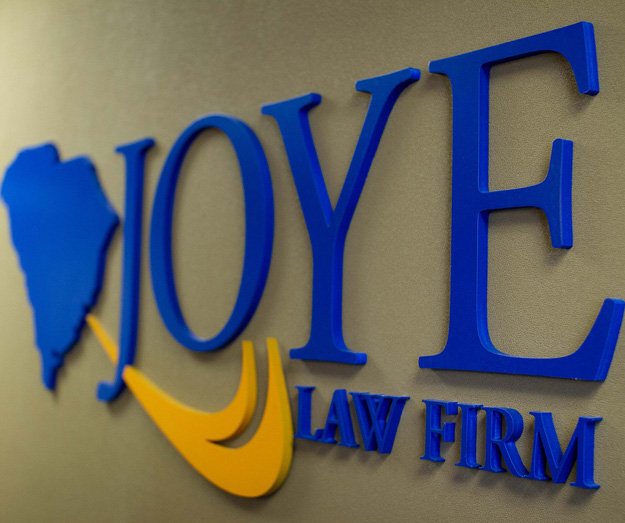Each year, Super Lawyers recognizes the top lawyers in South Carolina and we are incredibly honored for Mark C. Joye to have been named one of the Top 10 Super Lawyers in South Carolina for 2016. Super Lawyers is a rating service of outstanding lawyers from more than 70 practice areas who have attained a high-degree of peer recognition and professional achievement.
Mark C. Joye is not only a highly respected personal injury attorney who handles a full spectrum of cases, from brain injuries and defective products to nursing home abuse and workers’ compensation, but he is a strong advocate for positive change in his profession and community. He has also served as lead counsel in numerous cases involving victims who suffered catastrophic injuries or wrongful death through car or trucking accidents.







































